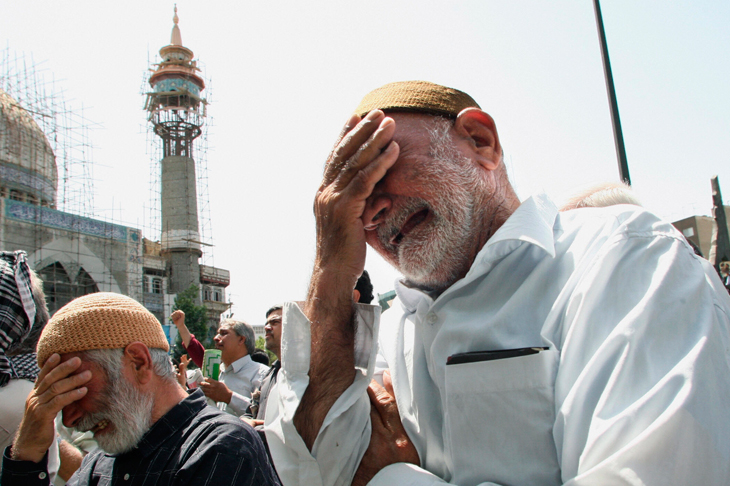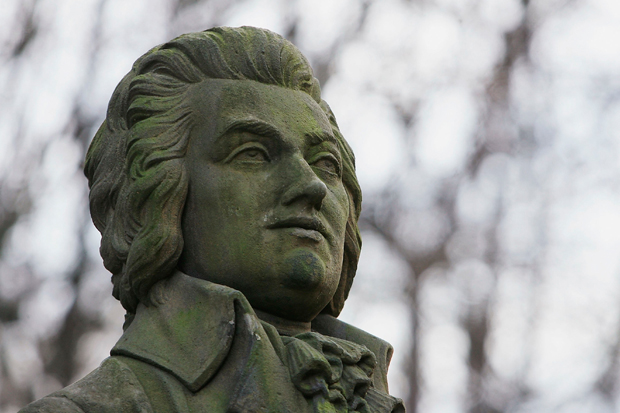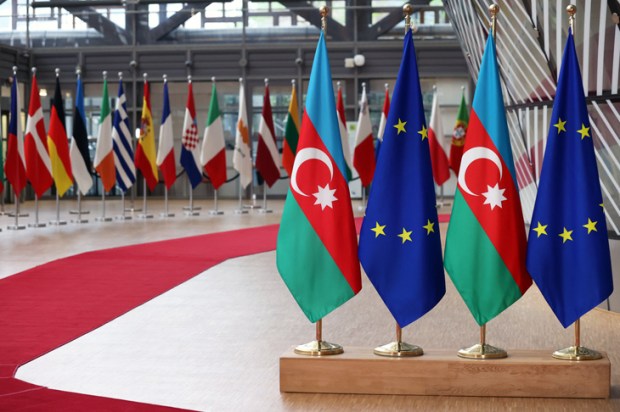Hashish, jihadists and the rule of fear
There is a fifth column in our midst. People who have infiltrated our society harbouring a hatred of us. People we allow to come to our country in the belief that they wished to become part of us and to join our way of life. Instead, it appears many have come with the seeds of hate in their heart.
The arrests of such people here in Australia who were apprehended by the dedication of our protection agencies and an international tip-off, prevented a plane load of passengers being murdered by these assassins – Islamic jihadists, who were each presumably anticipating umpteen virgins for their pleasure in paradise. It is truly disgusting.
And how many more lie hidden within our midst? A fifth column is a group of subversives who attempt to undermine a nation’s very existence. Its origin comes from the Spanish Civil War when, and I quote, ‘General Mola leading four columns of troops towards Madrid stated he had a fifth column within the city’. Hence its current meaning of a group of people who act treacherously and subversively out of a secret sympathy with an enemy of their country.
London saw a van mow down innocents and assassins with knives jump out and start stabbing people to death, hunting down those who ran including two beautiful young Australian women. These murders in public are designed to deliver a message of intimidation. They succeeded. Unbelievably, the official advice was to run and hide and to accept, to bow and to submit.
How many more people have to suffer before we stop turning the other cheek? How many more people must be shouted down, as I have been, for daring to speak up?
Also recently we have seen deliberate and callous acts of murder and mayhem in Barcelona, as well as injury to twenty nine London commuters resulting in Prime Minister May raising the terror threat from severe to critical. Isis claims responsibility for most of these terror attacks.
In the eleventh century, a leader of a Shiite Muslim sect, the Najan Ismailites, emerged and began recruiting followers who would become known as the Assassins. The leader’s name was Hasan Sabbah, and tellingly an alternate name for his followers was the Hashishites, derived from the word hashish.
Two significant stories reverberated through that age. The first is that Sabbah would drug his new recruits with hashish and have them awake in a garden surrounded by beautiful young maidens and lush foliage. Sabbah then told them ‘this is paradise’ and if they wished to return to paradise they must commit to his service.
The second is told of Sabbah burying a man up to his neck, in front of his throne, with the head covered in blood.He would then bring the recruits to meet the ‘head’, which he claimed he had personally beheaded. The ‘head’ would then tell the recruits about the wonders of paradise and that to reach paradise they would have to commit their hearts to Sabbah’s cause. And commit they did, particularly when Sabbah would subsequently behead the unfortunate man for real and place his head on a spike.
Assassins did not seek to commit suicide, but to be killed by their targets. They were intelligent, well educated, and able to learn appropriate new languages in order to infiltrate positions of influence in towns across Persia and Syria, which was then the stronghold of the Najan Ismailites, who aimed to establish their own Caliphate in Persia. The Assassins would gain access and positions of trust with their high profile targets, and then either kill them, or terrorise them into submitting to whatever demands.
A renowned example was Saladin, who ruled Egypt and Syria, and awoke one morning to find a poisoned cake on his chest. The result? Saladin made an alliance with the Najan sect. The Assassin’s goal was delivered by intimidation.
Attacking the enemy’s psyche to draw them into submission was one favourite and effective method of the Assassins. One newly installed East Persian Viceroy, for example, woke up to find a dagger embedded in the floor next to his bed. Full of terror, he said nothing. But when a Najan ambassador brought a message saying the dagger could have been planted in his soft breast, he submitted to their demands and signed a particular agreement. Fear also came by way of reputation, and proved just as effective, such as with the public stabbing of Vazier Nazam al Mulk by an Assassin whom he trusted.
But this reputation was finally their undoing. In 1256, a grandson of Genges Khan, Hulega Khan, was sent to wipe out the Order of Assassins and the strongholds of Najan Ismailites and he did just that.
There is something new about the Islamic terrorist attacks in London and the latest attempted atrocities in Australia and Barcelona. These vicious attacks single out ordinary folk to murder rather than a modern day sultan or Vazier equivalent.
War has been declared on the West, but governments respond with appeasement. A vacuum thus develops which will always be filled.
There is no place for vigilantism in our Western democracies. Governments must act. Legitimate authority must prevail and fear stared down and counteracted.
Never forget the old Bohemian tale of the Grim Reaper who knocked on the door of the farmer and when asked by the farmer if he had come to kill him, replied ‘No’ and explained he was on his way to the next town to kill a thousand people. He just wanted a glass of water. Later the Grim Reaper returned, again asking for water. One thousand people had indeed died in the next town and the farmer asked the Grim Reaper if this was his doing. The Reaper replied he had only killed one hundred; the rest had died of fright.
We could contemplate the words of seventeenth century Czech philosopher Komensky, known as the father of modern education.
‘A life of action is life indeed. Idleness is a grave closing in on a man whilst he is still alive’.
Got something to add? Join the discussion and comment below.
Get 10 issues for just $10
Subscribe to The Spectator Australia today for the next 10 magazine issues, plus full online access, for just $10.
You might disagree with half of it, but you’ll enjoy reading all of it. Try your first month for free, then just $2 a week for the remainder of your first year.














Comments
Don't miss out
Join the conversation with other Spectator Australia readers. Subscribe to leave a comment.
SUBSCRIBEAlready a subscriber? Log in